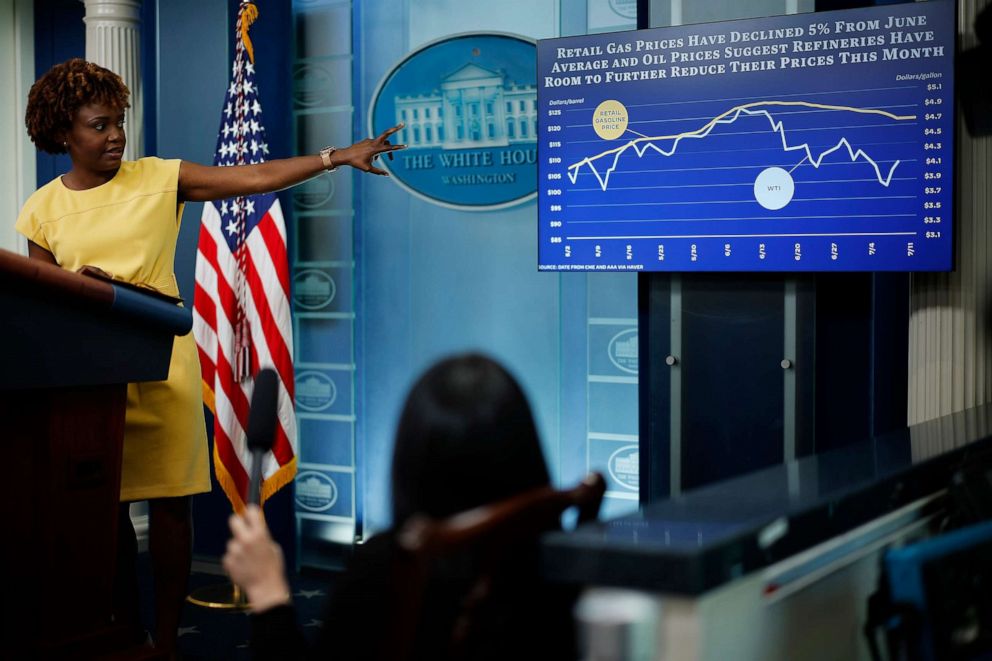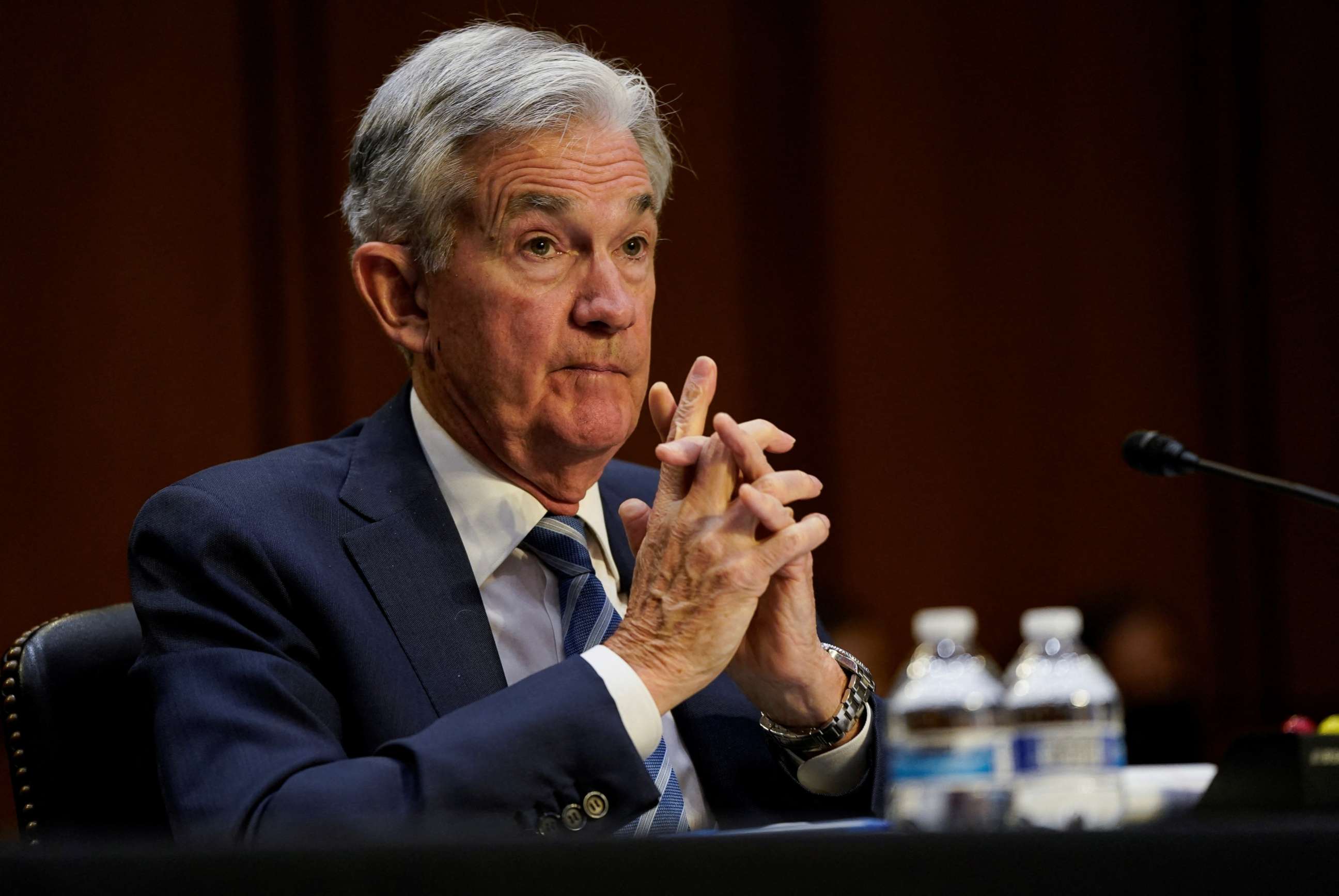Inflation runs hotter in June as US faces recession risk
U.S. policymakers are trying to avoid a recession while dialing back prices.
As U.S. policymakers walk a tightrope in an attempt to dial back sky-high prices while averting an economic recession, new inflation data on Wednesday showed a significant acceleration of price hikes.
Prices rose even faster in June, jumping at the highest rate in four decades and prolonging a bout of inflation that has strained household budgets nationwide, according to data released by the federal government.
The consumer price index, or CPI, stood at 9.1% in June, a significant increase from 8.6% in May, according to the Bureau of Labor Statistics. That is the largest 12-month increase since December 1981.
On a monthly basis, the consumer price index rose 1.3% in June, far outpacing the 1% rise seen in April, according to the bureau.
The new data arrives as the Federal Reserve pursues a series of rate hikes that aim to tackle inflation by slowing down the economy and slashing demand. The moves, however, risk tipping the economy into a recession.
The high inflation figure could spur the Fed to seek a more aggressive approach to raising interest rates. The new inflation data comes days after employment data showed stronger than expected hiring last month, suggesting that employers remain undeterred by borrowing cost increases from the Fed.
"The million dollar question is how hard the Fed has to apply the brakes," Hernan Moscoso Boedo, an economist at the University of Cincinnati, told ABC News.

Inflation data that shows continued acceleration of inflation "will put more pressure on the Fed to increase the interest rate more than expected, and that increases the possibility that the U.S. is going to enter a recession," Moscoso Boedo added.
President Joe Biden, in a statement on Wednesday, called the new inflation data "unacceptably high" but downplayed the report as "out of date." Gas prices, which made up almost half of the monthly increase in inflation, have declined since last month, Biden said. "Those savings are providing important breathing room for American families," he added.
Over the past month, the national average gas price has decreased about 35 cents, reaching $4.65 a gallon, according to data from AAA.
But more needs to be done to bring down inflation, which remains "the most pressing economic challenge," Biden said.
"Tackling inflation is my top priority," he added. "We need to make more progress, more quickly, in getting price increases under control."

At a Fed meeting last month, just days after the release of inflation data for May, the central bank raised its benchmark interest rate 0.75%, its largest rate hike since 1994. The increase brought the interest rate to a range of 1.5% to 1.75%
At a meeting later this month, the Fed is expected to raise the interest rate again. Fed officials are considering a 0.50% or 0.75% hike at the next meeting, according to minutes from the past meeting that were released July 6.




